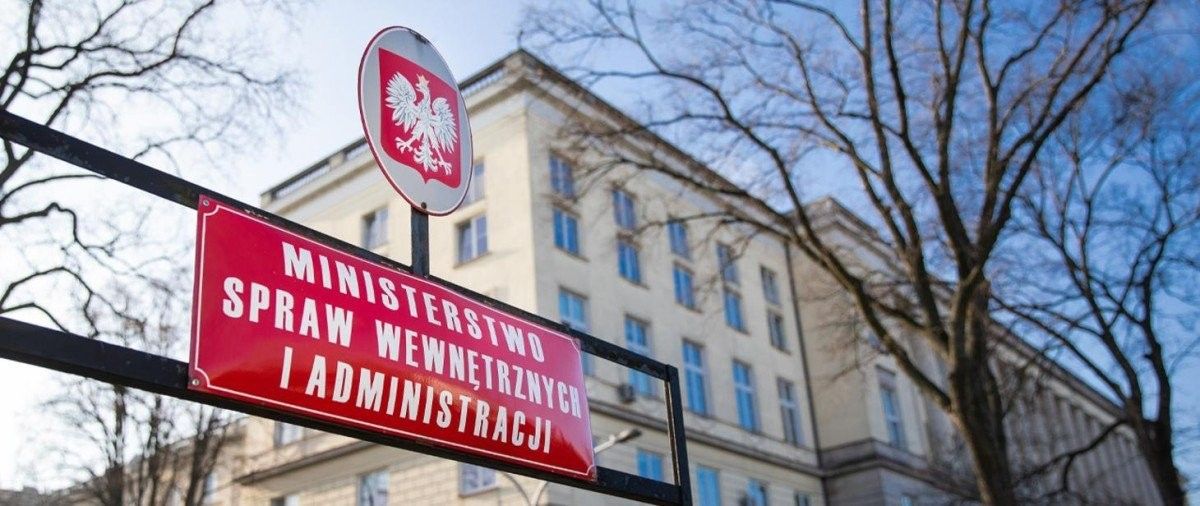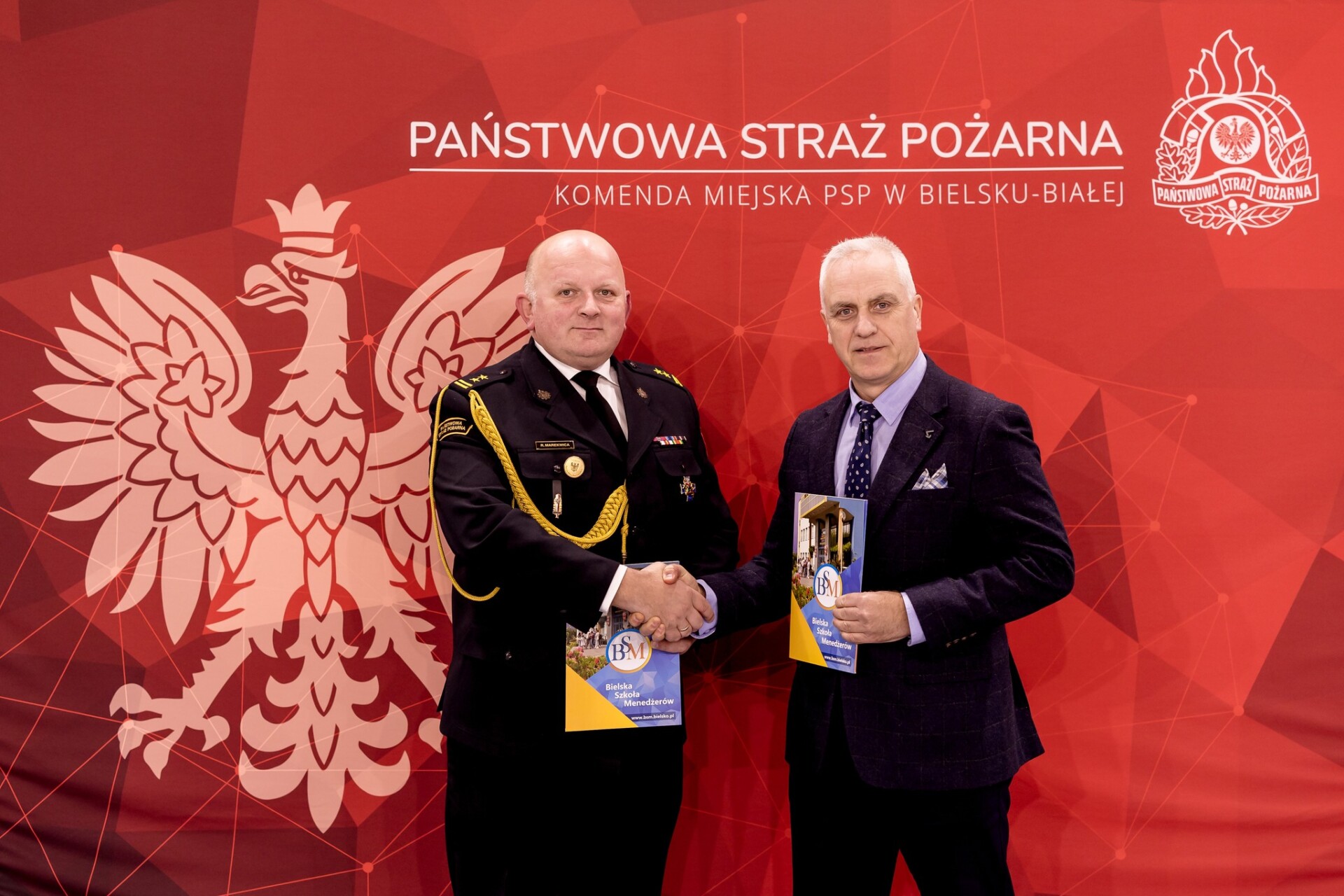Description of the facts
Judgment of the Kielce territory Court of 1.2.2022, III K 157/20, J. B. was found guilty of: Article 258(1) of the KK, for which she was sentenced to a year of imprisonment, as well as of offences under Article 56(3) in Article 56(1) of the Act of 29.7.2005 on the prevention of drug abuse (Journal of Laws of 2023 item 1939; hereinafter: Narku), in Article 12(1) of the KK, in conjunction with Article 65(1) of the KK, in conjunction with Article 91(1) of the KK, for which she was sentenced to a single punishment of 2 years and 6 months of imprisonment and 200 regular fines, assuming a single rate of 20 PLN. As a full punishment, J. B. 3 years imprisonment.
By the same judgement M.D. he was found guilty of: an act under Article 258(1) of the KK for which he was sentenced of a year and 6 months in prison, as well as of offences under Article 56(3) in conjunction with Article 56(1) Narku, Article 64(1) of the KK, Article 12(1) of the KK, Article 65(1) of the KK, Article 91(1) of the KK, for which he was sentenced to 1 punishment of 2 years and 6 months of imprisonment, and 200 regular fines, assuming a single rate of 20 zł. As a full punishment, M.D. 3 years and 4 months imprisonment.
In turn A.L. was found guilty of: Article 258(1) of the KK, for which he was sentenced to a year of imprisonment, as well as of offences under Article 56(3) in conjunction with Article 56(1) Narku, Article 12(1) of the KK, Article 65(1) of the KK, Article 91(1) of the KK, for which he was sentenced to a single punishment of 2 years and 3 months of imprisonment and 150 regular fines, assuming a single rate of PLN 20. As a full punishment, A.L. 2 years and 9 months imprisonment.
Also The President The conviction referred to was found guilty of: Article 258(1) of the KK, for which he was sentenced to imprisonment, as well as of the offences referred to in Article 56(3) in conjunction with Article 56(1) Narku, Article 12(1) KK, Article 65(1) KK, Article 64(1) KK, Article 91(1) KK, for which he was sentenced to a single conviction of 3 years imprisonment and 300 regular fines, assuming a single rate of 20 zł. As a full punishment, The President 3 years and six months imprisonment.
By that judgement P.M. he was found guilty of: Article 258(1) of the KK, for which he was sentenced to a year and 3 months imprisonment, and of the offences referred to in Article 56(3) in conjunction with Article 56(1) Narku, Article 12(1) of the KK, Article 65(1) of the KK, Article 91(1) of the KK, for which he was sentenced to a single punishment of 2 years and 9 months imprisonment and 250 regular scales of fines, assuming a single rate of PLN 20. As a full punishment, P.M. 3 years and 4 months imprisonment.
By the same judgement L.M. he was found guilty of: Article 258(1) of the KK for which he was sentenced to 9 months in prison, as well as of Article 56(3) in conjunction with Article 56(1) Narku, in conjunction with Article 65(1) of the KK for which he was sentenced to 2 years and 6 months in prison, and 200 regular units of fines, assuming a single rate of PLN 20. As a full punishment, L.M. two years and 9 months imprisonment.
Following the appeal procedure initiated by appeals of the defendants, the judgement of the Court of Appeal in Krakow of 8.5.2023, II AKa 204/22, repealed the judgement of the Court of First Instance and referred the case to the territory Court of Kielce again.
The complaint in Chapter 55a of the NCP was lodged by the prosecutor. He challenged the judgement of the Court of Appeal in its entirety and alleged infringement of Article 437(2) of the NCP.
A written consequence to the complaint was submitted by the defendant’s defence J. B., requesting that the complaint be dismissed.
The ultimate Court, after examining the prosecutor’s action, annulled the contested judgement and referred the case to the Court of Appeal in K. for review in the appeal proceedings.
Reasons for SN
According to the ultimate Court, the action proved to be well founded, which led to the annulment of the judgement under appeal and the transfer of the case to the Court of Appeal in K. for review in the appeal proceedings.
The appeal court did not show that the full cable had to be re-established in the case. In the resolution of the ultimate Court of 22.5.2019, I KZP 3/19, Legalis, it was stated that ‘the request to re-conduct the cable in its entirety referred to in the second conviction of Article 437(2) in fine The NCP, as a reason for the annulment of the judgement under appeal by the court of appeal and for the transfer of the case to the court of first instance for re-examination, is the case where the court of first instance infringes the rules of procedural law, which, in the facts of the case, led to the failure of the court proceedings pending, justifying the request to repeat (re-) all procedural proceedings involving a court of first instance.’
Such deficiencies were not demonstrated by the Court of Appeal. A careful reading of the grounds for the judgement of the Court of Appeal leads to the conclusion that the actual reason for the cassatory ruling is the request for additional evidence and the reassessment of evidence already carried out. It is correct to point out to the complainant in the message of reasons that in this case the findings can be made on the basis of the evidence collected, after the possible addition of evidence at second instance.
The Court of Appeal makes it crucial to reconsider the assessment of the evidence. On the grounds of the deficiencies of the grounds for the judgement of the Court of First Instance, the Court of Appeal states that ‘it may be that the evidence set out in the message of reasons, in conjunction with the another evidence, duly verified, makes it possible to make findings specified as that provided by the territory Court, but this ‘collective’ indication of their grounds does not make it possible to verify the correctness of specified an assessment of the evidence’. It follows from this passage that the Court of First Instance observes first and foremost the request to re-evaluate the evidence carried out, without prejudice to the fact that it will lead to the same conclusions. specified action should be taken by the Board of Appeal in the context of an appeal procedure.
It should be recalled that the ultimate Court’s case-law has developed a consistently presented view that the request to supplement the evidence procedure, or the request to re-assess evidence already collected in accordance with Article 7 of the NCP, does not fall within the statutory basis of the cassatory judgment, in the sense of the second conviction of Article 437(2) in fine The NCP, regardless of the rank of these evidence and their relevance to the result of the proceedings (cf. ultimate Court judgments of 7.3.2023, III KS 4/23, Legalis; 15.3.2022, I KS 10/22, Legalis; 15.12.2021, III KS 24/21, Legalis).
The Court of First Instance’s assessment of the correctness of the justification for the judgement of the Court of First Instance could not lead to the annulment of the judgement in the light of the disposition of Article 455a of the NCP.
In conclusion, it must be concluded that the Court of First Instance conducted evidence proceedings in the course of respective hearings, listening to further witnesses in the case. The Court of Appeal in K., despite making a declaration of necessity to repeat all the evidence, was only able to show in its message of reasons that it was essential to supplement the evidence procedure and not to repeat it in its entirety and then to re-evaluate the full evidence. no of these activities, as well as the possible anticipation of altering the description of the prohibited acts or their qualifications in favour of the defendants mentioned in the message of reasons, required the re-opening of the full judicial line at first instance.
Since it was not essential in the present case to repeat the full of the cable, the prosecutor’s action had to be taken into account, the judgement under appeal had to be abrogated and the case was referred to the Court of Appeal in K. for review in the appeal proceedings.
Comment
The background of the case is as follows. Well, at the will of the legislator, the Court of Appeal is not presently a court of sole control powers, but a court which can carry out evidence and correct the decision of the Court of First Instance, including beyond the limits of charges, i.e. under Article 440 of the NCP. This is the case if he sees the gross injustice of the judgment, and the correction made on the basis of the second provision can only take place in favour of the defendants. Regrettably, it must be said that the Court of Appeal for repealing the judgement of the Court of First Instance has in fact disregarded the value of Article 437(2)’s disposal in fine KPK.







